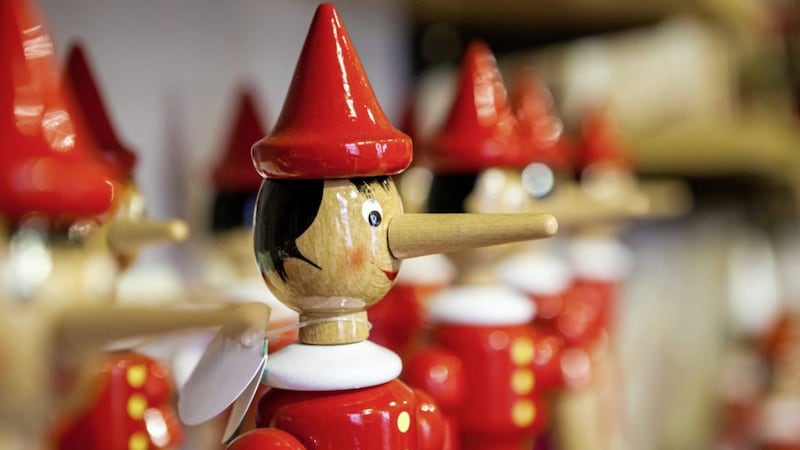Q: MY FOUR-year-old daughter lies constantly, yet swears she's telling the truth. Why is she doing this and how can I get her to stop?
A: Dr Sarah Kuppen, a senior lecturer in developmental psychology at Anglia Ruskin University, and author of Little Kids Big Dilemmas (Routledge, £14.99), says: "It's never nice to see our children lie. We can often feel let down, or that we've failed as a parent.
"In reality, all children lie at some point. In the preschool years it's particularly common and not something we should take personally.
"Children start to lie when they're two. These are simple lies, of the 'I didn't do it' variety. By the preschool years, a child's theory of mind is more fully developed. By this point, she'll have fully grasped that people around her can believe things that aren't true. Additionally, she'll have the control to stop herself from telling the truth when it's foremost in her mind. These skills will allow her to tell more complex lies.
"To be an accomplished liar, she'll also need to be able to think through the implications of her lie when questioned. Preschoolers are in fact pretty bad at this – they'll often give the game away when pressed for further information.
"So why do children lie? In preschoolers, it's often to get out of trouble or to get something they want. However, some children lie more frequently than others and in a wider range of situations. This is related to temperament. For example, some experiments show that children who are less fearful lie more frequently. Even for these children, a few simple strategies from parents can help.
"Try these science-led suggestions to reduce lying in your child. Firstly, start having discussions on the importance of being truthful from an early age (maybe around two).
"Be truthful yourself. Young children often model the behaviour they see from us.
"Reward truthfulness. When a child has behaved undesirably but has been honest about it, treat her more favourably than when she has behaved the same way and lied about it.
"While a child's behaviour isn't always straightforward, the research on lying is pretty clear. If you want truthfulness from your child, talk with her about it, reward it and show her how happy it makes you. And when the occasional lie pops out, don't sweat it. After all, that's what pre-schoolers do."








